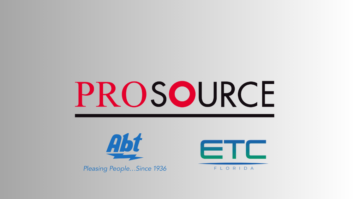Washington – The U.S. Government Accountability Office found a “substantial quantity” of the country’s hazardous electronic waste ends up overseas where it pollutes the environment.
The report said U.S. electronic waste ends up in countries where disposal practices are unsafe to workers and dangerous to the environment. In turn, the group is calling for more legislation addressing the management of electronic waste as well as stricter enforcement of existing laws on the subject.
The report is based on a study in which the GAO examined the fate of exported used electronics, the effectiveness of these devices, and options to strengthen federal regulation of exported used electronics. The organization said that during the study it reviewed waste management surveys in developing countries, monitored e-commerce Web sites, and posed as foreign buyers of broken CRTs, among other things.
The group said the study was inspired by growing concern over how products that U.S. consumers are recycling are actually being handled. There was particular concern that “some U.S. companies are exporting these items to developing countries, where unsafe recycling practices can cause health and environmental problems.” The group noted that items with cathode-ray tubes (CRT) were of particular interest during the study.
The group said it found “U.S. hazardous waste regulations have not deterred exports of potentially hazardous used electronics, primarily for the following reasons:
· Existing EPA regulations focus only on CRTs;
· Companies easily circumvent the CRT rule; and
· EPA’s enforcement is lacking.
In turn, the organization said it is recommending that the EPA develop a plan to enforce its existing rules regarding the disposal and recycling of CRTs and that it develop a way to broaden its regulations to address other potentially harmful used electronics.
In response to the report, EPA spokesperson Nick Butterfield told TWICE in an email “In the 18 months since the CRT rule went into effect, EPA initiated 20 investigations, recently issued one complaint and entered into one settlement. Improving compliance with the [CRT] rule is our top priority, as we continue our efforts to educate the public and the regulated community about the new rule and take enforcement action when necessary.”
Beyond calling for stricter action from the EPA, Certain politicians are using the report as impetus to create comprehensive legislation regarding the management of electronic waste that would set a nationwide standard.
“This GAO report brings us one step closer to developing a national solution for electronic waste,” said Congressman Mike Thompson (D-CA). “We can’t just pretend that when this waste is shipped overseas it’s not our problem anymore. We need to treat e-waste as a hazardous material, and create anti-dumping legislation. As founder of the Congressional E-Waste Working Group, one of my priorities next year will be to get comprehensive e-waste legislation passed into law.”













